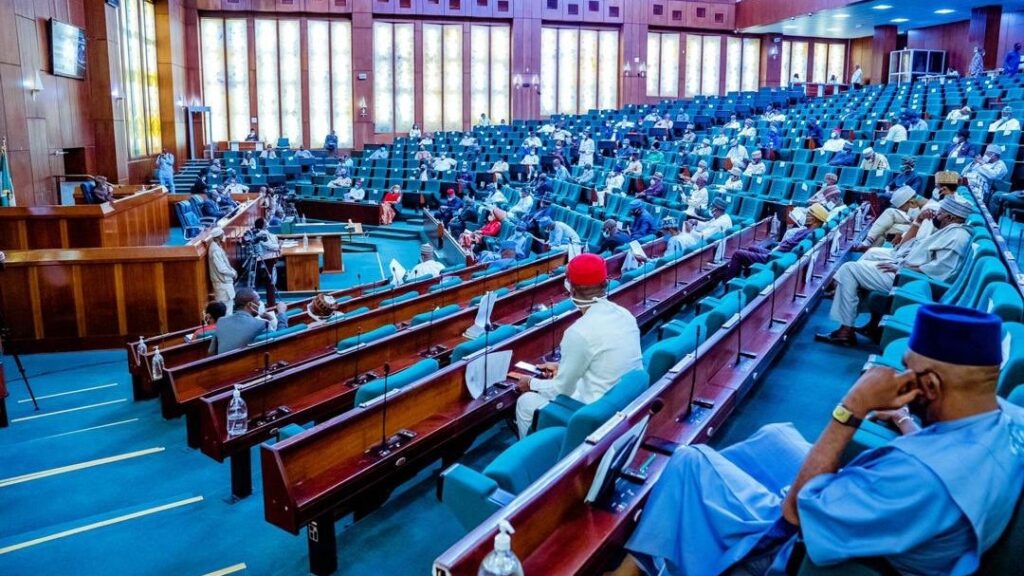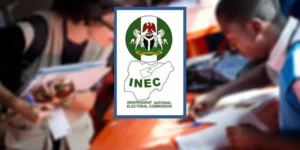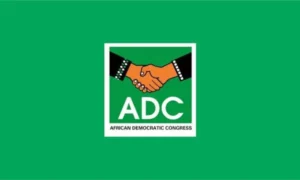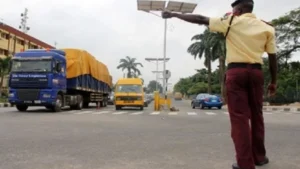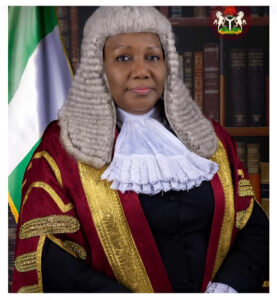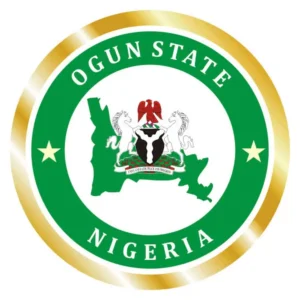The Nigerian House of Representatives recently received proposals to create 31 new states, increasing the total from 36 to 67. This move has generated mixed reactions from citizens, political groups, and experts.
The proposed states are spread across the six geopolitical zones:
- North Central: Seven proposed states, including Benue Ala, Apa, and Okun. Abuja may also be upgraded to state status.
- North East: New states like Amana, Katagum, and Muri have been suggested.
- North West: Five new states, including New Kaduna and Ghari, are proposed.
- South East: Proposals include Etiti, Adada, and Orlu.
- South-South: Ogoja, Warri, and Bori are among the suggested states.
- South West: Six proposed states, including Ibadan, Lagoon, and Ife-Ijesha.
The House Committee on Constitution Review has asked proponents to resubmit their requests following constitutional guidelines.
Opinions on state creation vary widely. Some believe it will promote development in marginalized areas, while others see it as a waste of resources.
Groups like Afenifere and the Arewa Consultative Forum oppose the plan, arguing that Nigeria should focus on restructuring rather than creating more states.
They believe the country was better governed under regionalism and that more states will only weaken governance.
Senior lawyer Mike Ozekhome described the proposal as unnecessary, questioning how states that already struggle financially can sustain themselves.
He argued that only one additional state should be created in the South East to ensure fairness.
Some Nigerians support the idea, saying it will address marginalization and promote equity. The Igbo group Ohanaeze Ndigbo believes the South East, which currently has the fewest states, should receive more to match other regions.
The Pan-Niger Delta Forum (PANDEF) also suggested that all zones should have seven states each for fairness. However, they warned that new states should be self-sustaining and not depend solely on oil revenue.
On social media, many Nigerians expressed frustration. Some mocked the proposal, suggesting that every local government should become a state.
Others argued that Kano should be divided into multiple states due to its large population.
The House of Representatives will review the proposals based on constitutional requirements. However, the debate continues, with many calling for economic development and better governance rather than more administrative divisions.
While some see new states as a step toward fairness, others argue that Nigeria should focus on restructuring and addressing pressing economic issues.
The coming months will determine whether these proposals gain approval or fade away like previous attempts at state creation.
